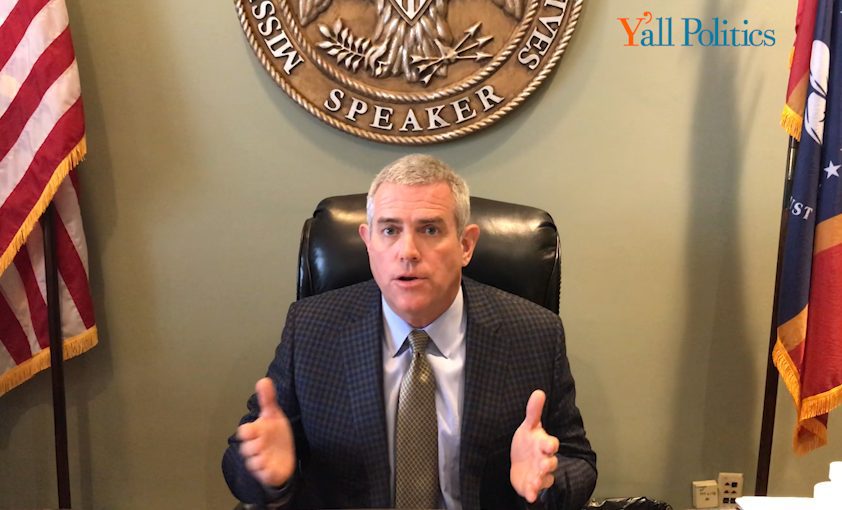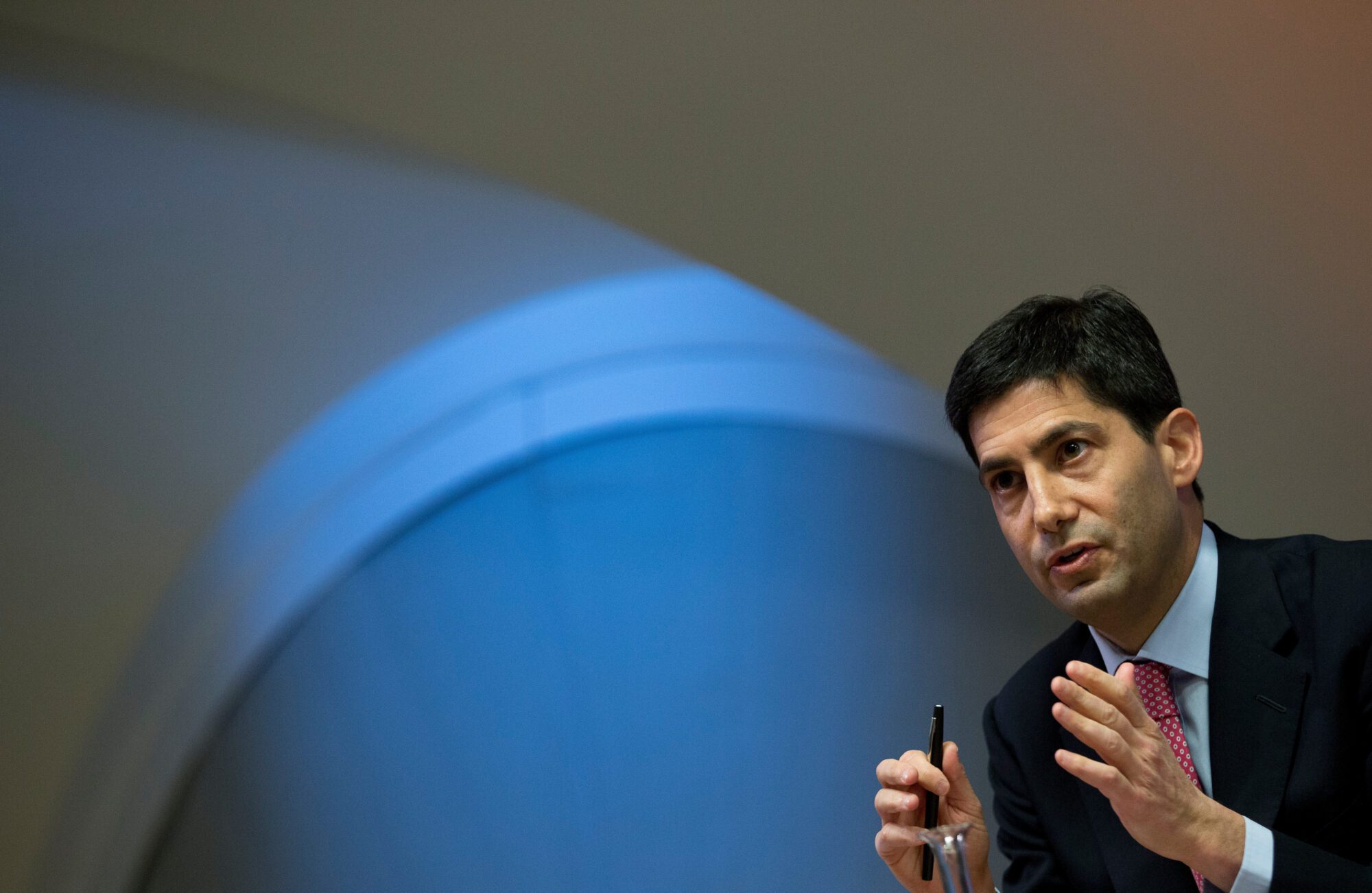
Studio portrait of Sid Salter. (photo by Beth Wynn / © Mississippi State University)
Submitted by Sid Salter
“The political party holding the economic bag during periods of high inflation usually doesn’t fare well in the next election.”
Watching the administration of President Joe Biden and his Democratic colleagues on Capitol Hill navigate the current round of economic woes, one struggles not to recall the tenure of another U.S. president who had the misfortune to govern during one of the most trying economic periods in the nation’s history.
Biden took office amid an unprecedented global pandemic that impacted the global economy. The pandemic slowed and shut down portions of the supply chain. Goods were not available on retail shelves due to either production interruptions, shipping impasses, or both.
A November 2021 poll showed that 62 percent of registered voters blame the Delaware Democrat for the inflationary spiral that has produced frightening results in the U.S. Consumer Price Index.
The U.S. Bureau of Labor Statistics reports: “From December 2020 to December 2021, consumer prices for all items rose 7.0 percent, the largest December to December percent change since 1981. Over the year, food prices increased 6.3 percent, a larger percentage increase than the 12-month increase of 3.9 percent in 2020. Food at home prices increased 6.5 percent in 2021, the largest over-the-year increase since 2008.”
Particularly hard hit are prices for gasoline, used cars and trucks, other forms of energy piped utility services, meat, poultry and eggs, and new vehicles. At the midpoint of the Biden term in office and with mid-term congressional elections upon us, that level of inflation on those categories of products impact virtually every segment of American society and are the very definition of “kitchen table” or “pocketbook” issues that decide elections.
To make matters worse, Treasury Secretary Janet Yellin said that she expects inflation to remain unchanged through 2022.
Republicans have the perfect economic issue for the 2022 and 2024 election cycles teed up despite some basic facts about the path to the nation’s current inflationary cycle. That charge is lodged based on what the GOP says is Biden’s flooding of the economy with government spending.
First, inflation is not the province of the American economy but exists in the global economy. Second, many of the price hikes for food and other critical goods were in place and at the highest levels in over a decade before Biden took office – as were the COVID relief stimulus spending during the administration of former President Donald Trump.
Biden did, however, put forward the American Rescue Plan ($1.9 trillion) and is pushing a $1 trillion infrastructure plan along with his Build Back Better with a $1.75 trillion price tag.
Biden and his supporters likewise struggle with GOP allegations that his vaccine mandates further slowed the economy, but the Supreme Court recently mooted much of that.
Looking back at Republican Gerald Ford’s handling of inflation, the White House took on double-digit inflation with a public relations slogan and a button that read “WIN” – an acronym for “Whip Inflation Now.” History regards that plan as one of the worst public policy blunders in history.
The late 1970s, early 1980s round of inflation (more accurately called “stagflation” by economists as it was marked by stagnant job growth and rising inflation) was caused in great measure by global economic influences beyond Ford’s control. The Organization of Oil Producing Countries’ quadrupling of crude oil prices and the gas shortages and soaring fuel prices was an overriding trigger.
The trouble for Biden and Democrats in the coming elections cycles is that American voters ignored OPEC’s impact on the economic dominoes that fell leading to the Ford administration’s inflation crisis. Most analysts identified inflation and the “kitchen table” and “pocketbook” issues it produced as the critical reason Democrat Jimmy Carter won the White House back from the GOP – along with holding Democratic majorities in the House and Senate.
Carter did not escape the political black hole of inflation in 1980. He lost his reelection bid to Republican Ronald Reagan, and Democrats lost control of the U.S. Senate.
The political party holding the economic bag during periods of high inflation usually doesn’t fare well in the next election. Voters historically have blamed the party in power.
###
Submitted by Sid Salter. He is a syndicated columnist.











